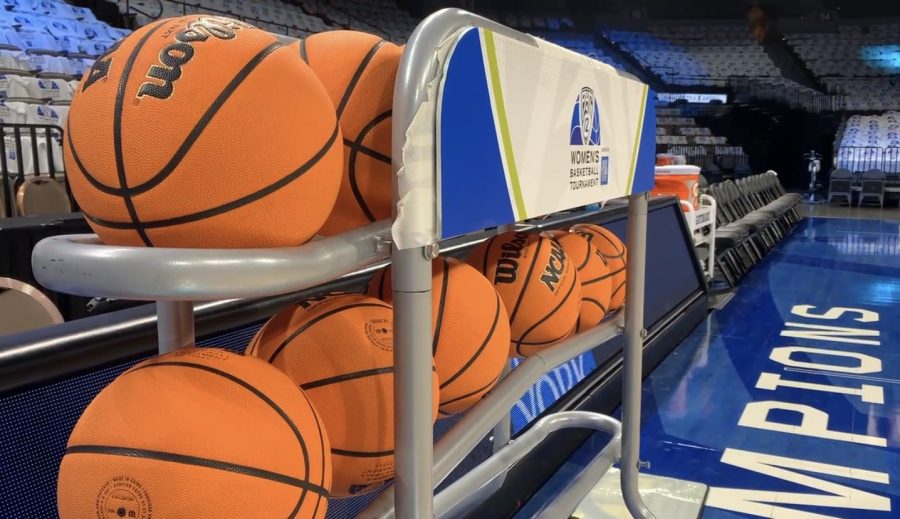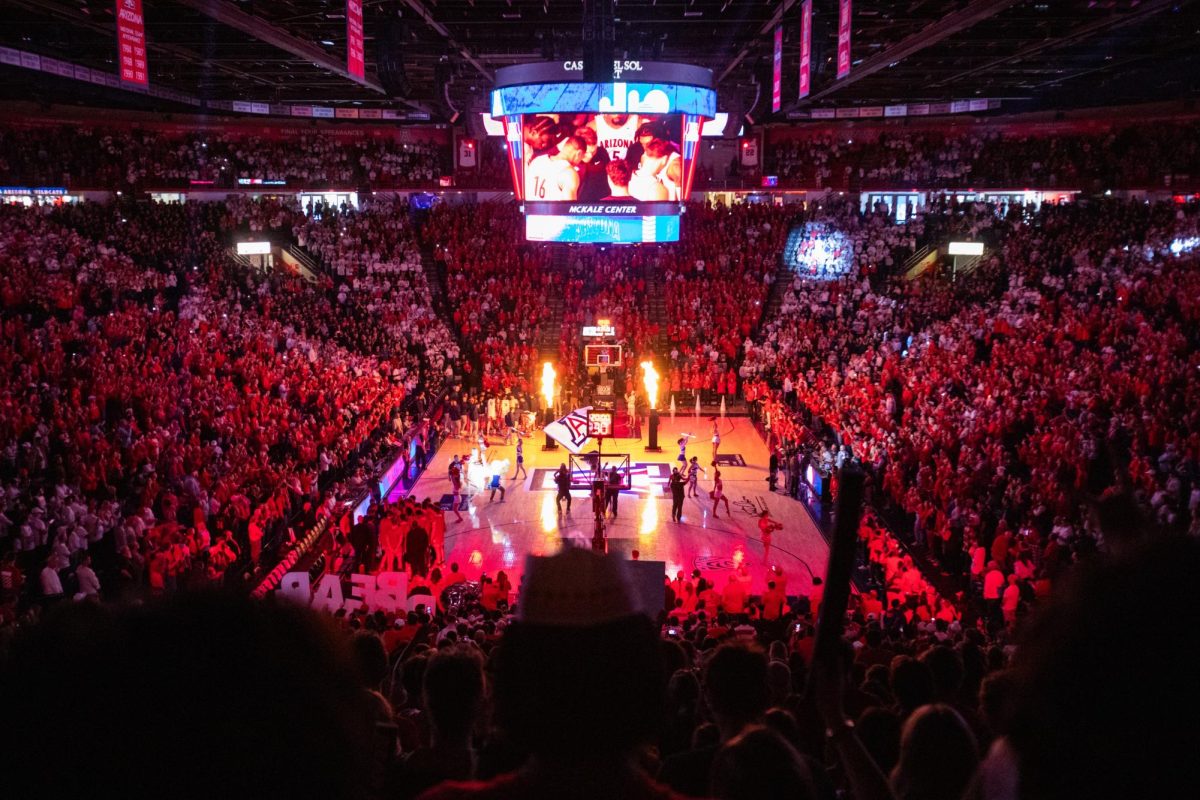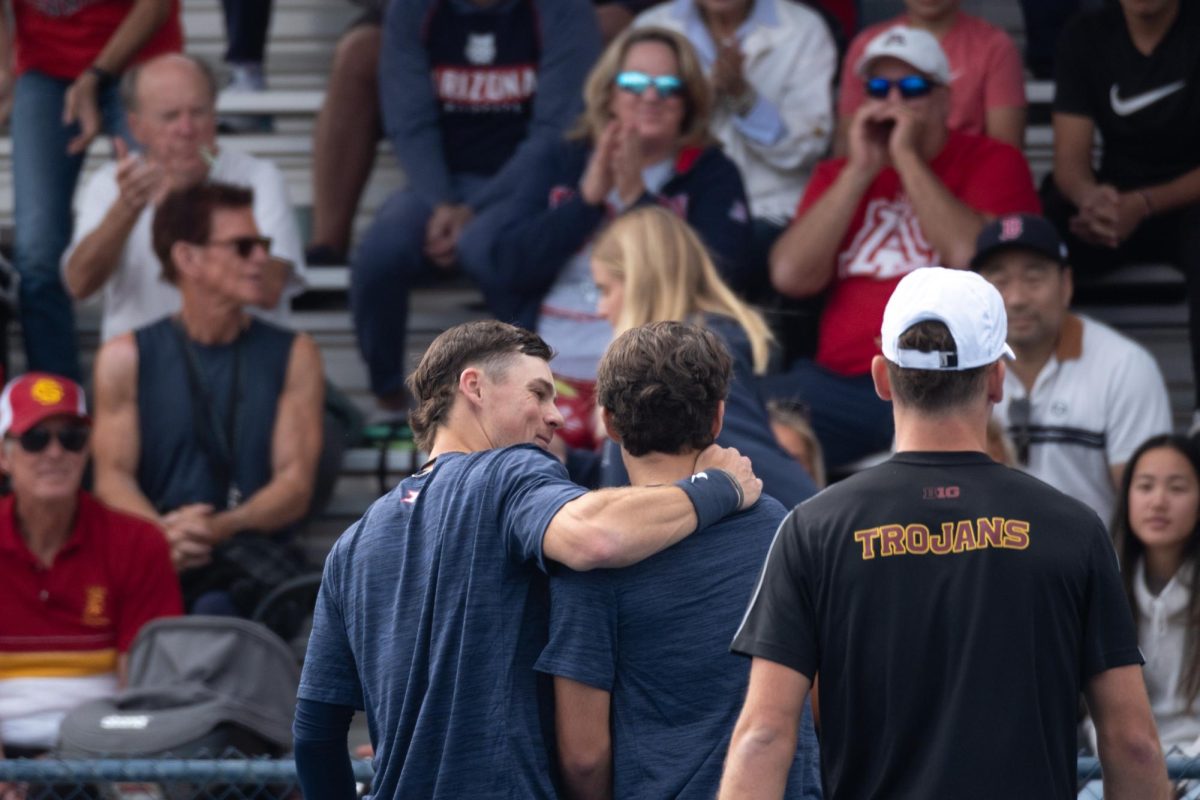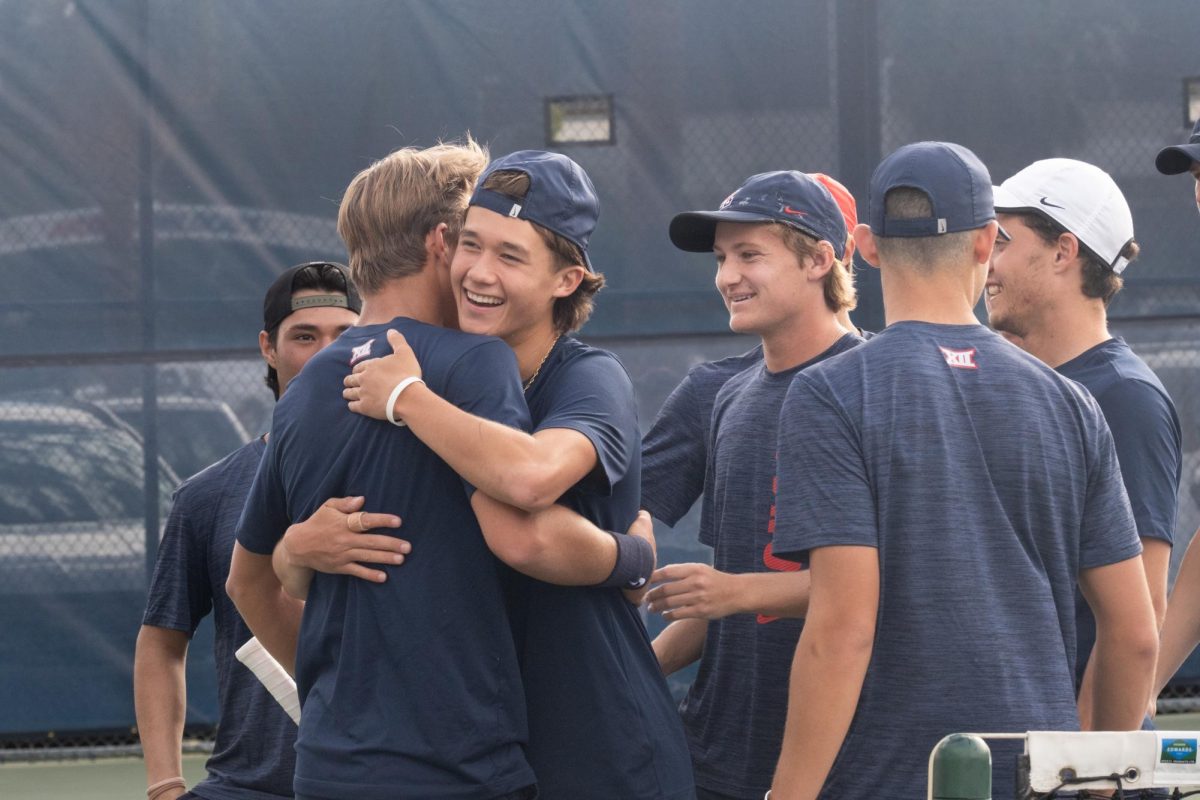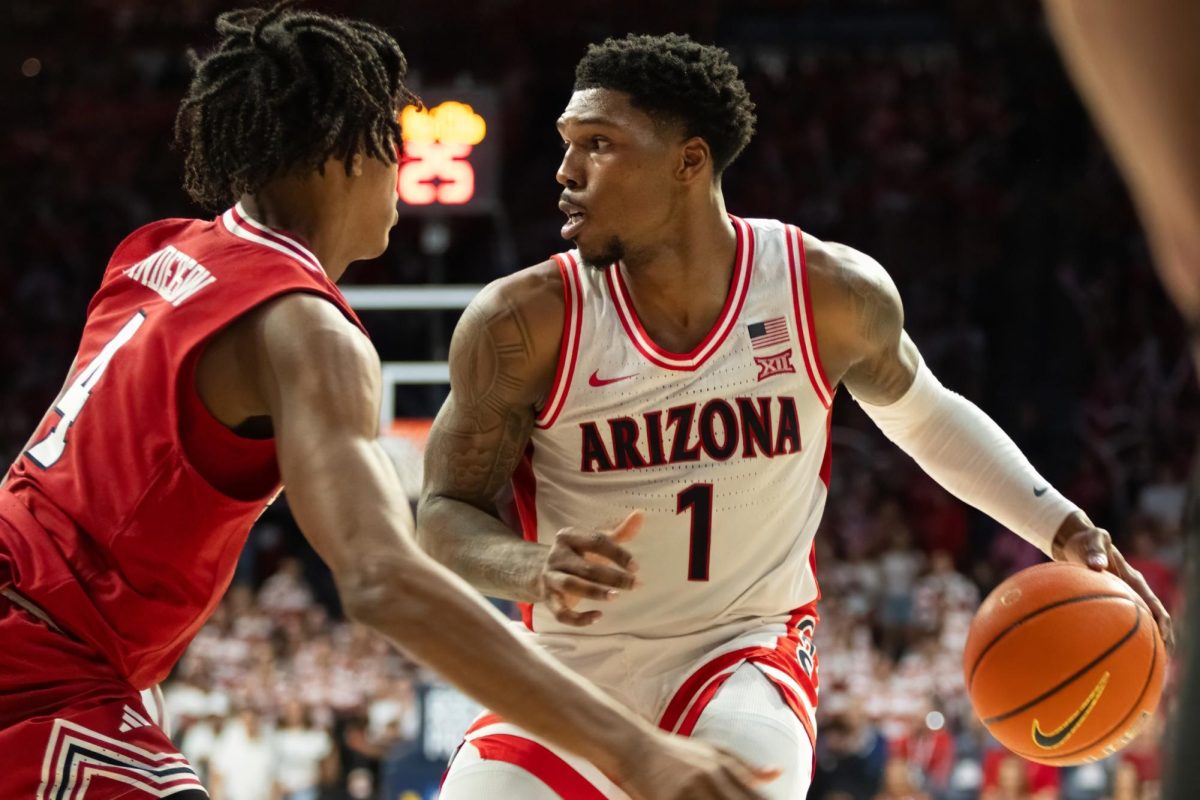During the Pac-12 Women’s Basketball Tournament in Las Vegas, Pac-12 Commissioner George Kliavkoff and Deputy Commissioner Teresa Gould spoke to members of the media about the state of the conference. Here are five takeaways from the roundtable.
The NCAA has done a lot to grow women’s sports, but there is still work to be done.
While Kliavkoff and Gould said they felt that a lot has been done to grow women’s sports, there are still changes they would like to see that were brought up in the NCAA review. One of those is that they should not bundle women’s basketball and softball into the same championships.
“We agree with almost all of the recommendations. In that report, one of the ones that we agree with is that women’s basketball bundled with other sports devalues the true media value of women’s basketball, and that if it was sold separately, it would garner a larger media rights payment,” Kliavkoff said.
There may be changes coming to how the conference handles forfeits and canceled games.
Multiple forfeits happening in the conference and no ways to make them up throughout the season had a big impact on teams. The Pac-12 conference did follow policies that many other conferences followed but will be looking at their own policies in their spring meetings.
“Across all sports, they don’t recognize forfeits and NCAA selection, and that postseason resume is so critical to all of our teams that I think it not only needs to be addressed in our league, to make sure that our current approach makes sense given where we are with [COVID-19] and the number of games that we’re missing,” Gould said. “But I also think it needs to be something that’s brought up nationally at the NCAA level to see if they are willing to relook at how forfeits are considered in terms of selections.”
There may be changes to the NCAA women’s basketball tournament hosting locations as early as 2027.
The NCAA is exploring the possibility of combining the men’s and women’s Final Four games and could start that as early as 2027, but no decision has been made on that as talks continue. The Pac-12 held talks with their coaches to determine where they stand on the matter.
“We talked a lot with our coaches about this issue. And they were pretty split on the issue. And really, that is what ended up happening nationally as well. I think there are a lot of folks that felt like we needed to continue to have discussions and explore it, but not react too swiftly and make a rash decision,” Gould said. “So we were supportive of where the NCAA ended up, which was not to go there in the immediate bid cycle but to continue to discuss maybe iterations of it that might make more sense.”
RELATED: Arizona MBB beat UCLA to win the Pac-12 tournament championship
Getting more exposure to women’s sports is a priority for the conference.
“It’s a trade-off. You’re trading revenue against exposure, and you’re selecting partners to help you distribute that content. And we’re going to be very mindful of the value. I think it’s undervalued of lots of women’s sports, softball and women’s basketball being at the top of that list,” Kliavkoff said.
It was also mentioned that ESPN had gone over their agreement of broadcasted games and broadcasted more women’s games than it had agreed to, which was seen as a huge positive by the commissioner.
The conference is committed to mental health but may not be able to change any of the current policies.
In the wake of Stanford soccer’s Katie Meyers tragic death, the question of how parents are able to be involved in certain situations such as what Meyers was going through with possible disciplinary action after defending a teammate, according to Meyers’ parents.
“I’m a parent of two college-aged kids. Nothing hits closer to home. And I want us to continue to work across the conference in what I think we have done in being ahead of the game and being an advocate for mental health. Not just for our student-athletes, but for all of our students,” Kliavkoff said.
He cited a $425 million donation from the Ballmer family to address mental health. While Kliavkoff said he is concerned and wants to do as much as he can, he said it seems as though there is not much he can do.
“The primary issues there are federal laws, right? [There] are HIPAA requirements that all of our campuses fall under. There’s also local regulations. Those are policy decisions that do not happen at the conference level,” Kliavkoff said.
With many things to discuss during the spring meetings mentioned above, it remains to be seen what changes will be implemented under the new commissioner.
Follow Asher Bookspan on Twitter



